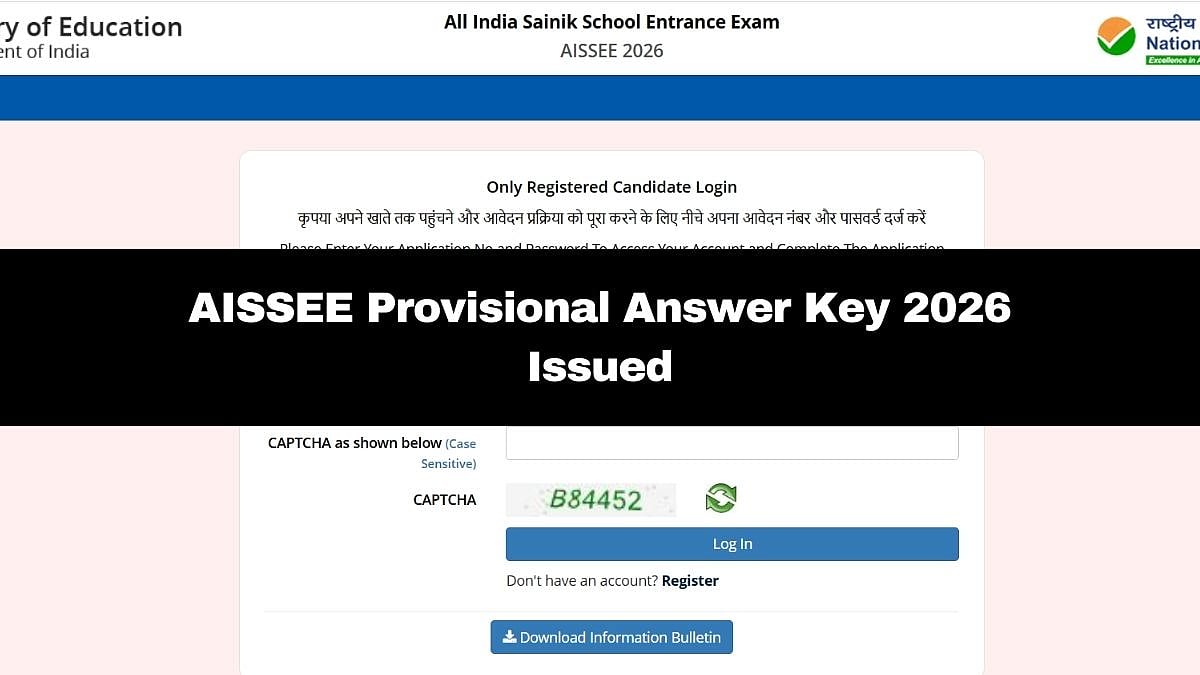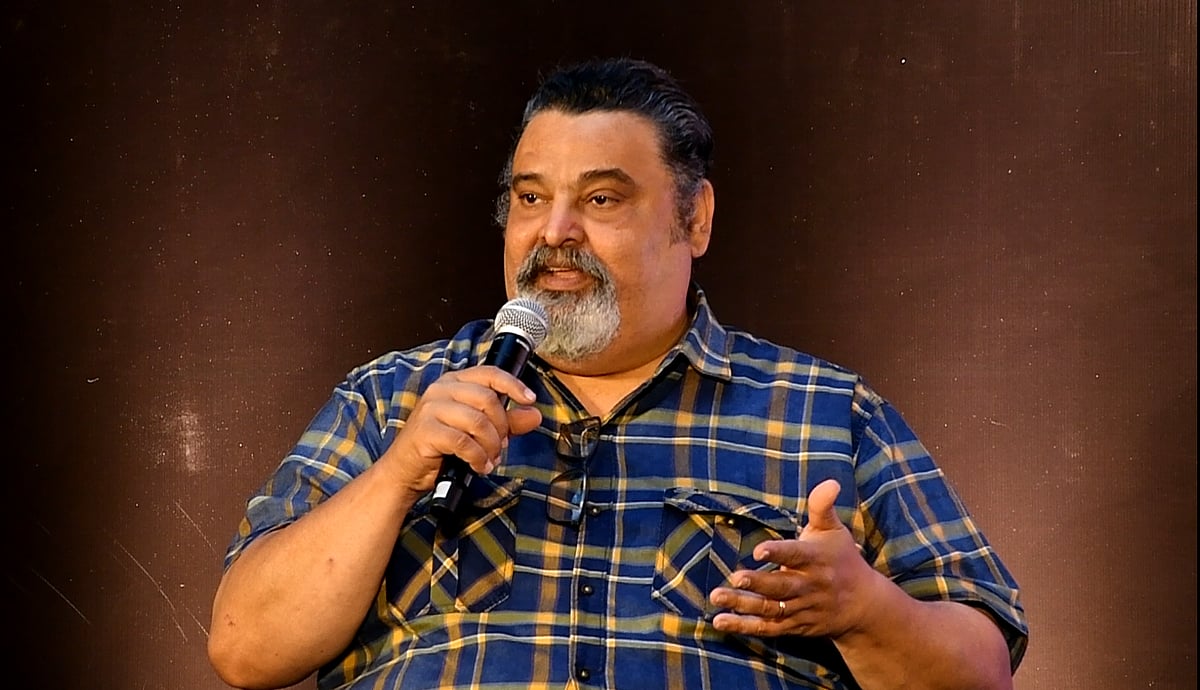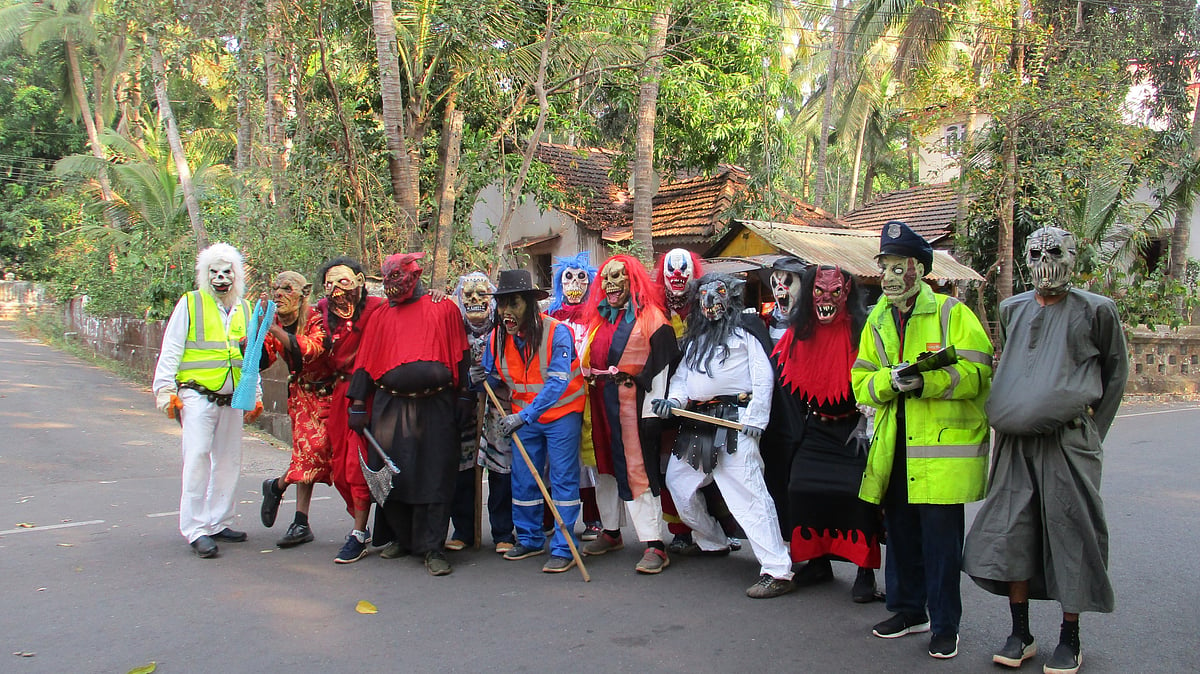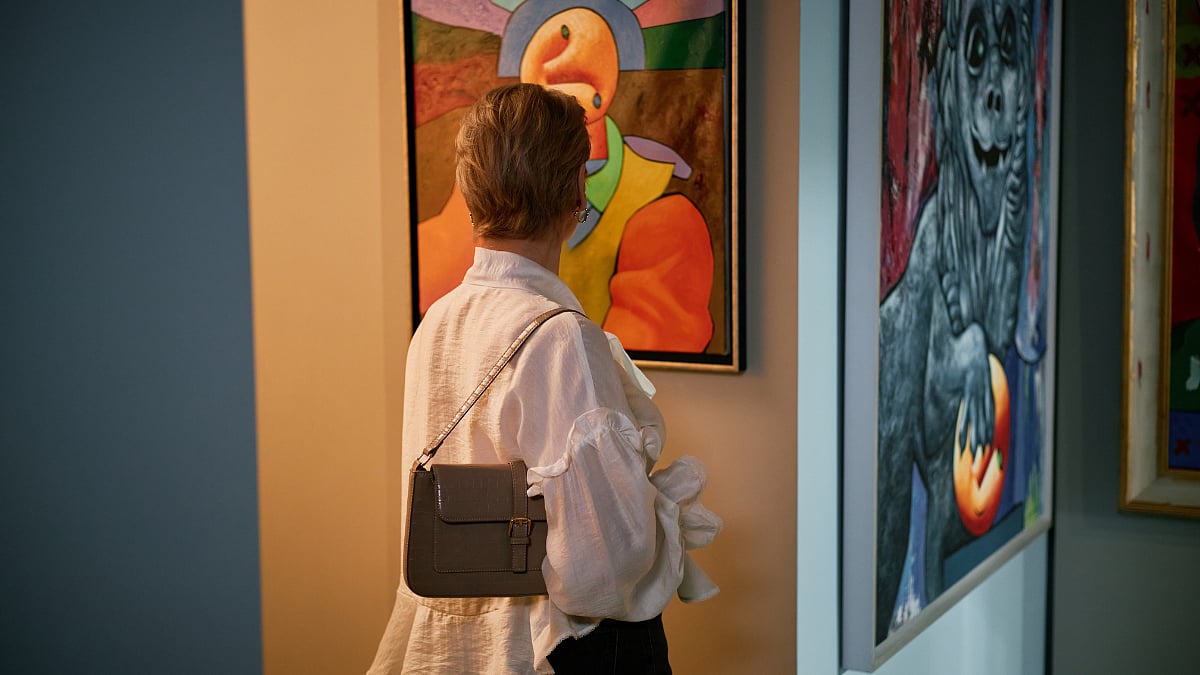Food waste is a critical sustainability issue that can be dealt with within our own homes.
Research estimates that between 30% and 50% of the total amount of food thrown away comes from our own kitchens. Imagine how many millions of hungry mouths this leftover food could feed!
Waste not! Mumbai-based chef and mixologist Arina Suchde will teach you how to turn your trash into treasure, and in turn, solve this global problem.
Suchde’s new book, The No Waste Kitchen Cookbook, by Harper Collins India presents 75 interesting recipes for dishes (and cocktails) to begin your zero-waste journey.
“Think of it [the book] as teaching someone the alphabet, with which they can then form words and sentences,” she explains. “Reducing waste in our kitchens doesn’t have to be a headache; these ideas and recipes can easily be incorporated into our daily routines. Being sustainable doesn’t have to be an all-or-nothing approach, start with the little things and work towards bigger things over time.”
As a reader of Suchde’s book, you don’t need to become an activist nor do you need to be a hipster following a fad. You just need to be conscious of your cooking. “Responsible consumption needs to become a part of regular life,” she adds.

A genius idea
Suchde’s own journey of repurposing leftovers began at a young age in her home. “My mom was a magician when it came to reusing food, sometimes without me even knowing,” she recalls. “Stale fries were turned into spicy aloo subzi, dry rotis were turned into laddoos with ghee and jaggery, leftover rice was turned into pulao or fried rice, odds and ends of veggies (even the ones I didn’t like) were turned into delicious soup on a cool night, leftover subzi was turned into cutlets or tikkis, among other genius ideas.”
No-waste cooking is not an alien concept in Indian homes. It is something we have been following for generations, but have simply lost touch over the years.
“Some things just taste better the next day,” Suchde adds. “Eating leftovers, whether in their original form or whipped up into something new was very normal for me my whole life.”
But it was only when she was living alone in Ahmedabad for a year that Suchde took this practice seriously. The year was 2016. Suchde was invited to conduct a workshop on the theme of waste reduction in the kitchen. Most of the participants were middle-aged women, who were already well-versed with turning leftovers into delicious meals the next day. All Suchde had to do was show them more creative ways of doing so.
“As I looked at all the ‘waste’ collected in a bowl on my kitchen counter, I had a light bulb moment. I went down a rabbit hole of tracking how food waste occurs at every step of the way in our supply chain, starting from the farms right to our plates.”
The endless research she did during the course of those years led her to writing her first book, The No Waste Kitchen Cookbook, in 2021.
A book is born
“When I was approached by my editor during the second COVID-19 lockdown, I thought it was a great way to channel all the work I had put in, which was originally meant for my workshops and consulting projects.”
This book is not confined to a specific audience, it applies to people from all walks of life, Suchde shares.
“An average person in India wastes 137 gm of food every single day,” Suchde writes in her book. “In Indian homes, 50 kg of food is thrown away per person every year.”
Over the years, Suchde has conducted trash cooking workshops for home cooks in Mumbai, Pune, Bengaluru, Ahmedabad and Chennai.
Here is how she helps restaurants and cafes she collaborates with: Suchde reads their menus and makes a note of the ingredients needed for basic preparation in the kitchen. She then assesses the potential waste that could be generated from it. To this day, she has helped several establishments make their commercial kitchens more sustainable.
Suchde has been in the food and beverage industry for 15 years now. Also, she is a self-confessed food enthusiast. “My life revolves around food…I am always thinking about my next meal,” she laughs.
It was a natural career choice for her, especially since both her parents were in the F&B business. “My mom ran a small catering company while my dad worked with alcohol brands as a distributor since before I was born. I could cook a full meal by the time I was 9-10 years old and loved replicating recipes of dishes and drinks I liked at restaurants or someone’s home.”
This was when Google didn’t exist, so it was all by taste and memory, she continues. Of the 75 recipes she mentions in her book to set her readers on a no-waste journey, she picks two of her favourites.
“The Watermelon Rind Som Tam Salad is quick and easy to put together, and watermelon rind as an ingredient can be used in many different ways because it is so neutral in flavour. It can be used in recipes from various cuisines. In cocktails, I am currently obsessed with non-sweet and non-fruity drinks, so I would pick the Spring Cocktail, which is essentially a green pea-based drink. It’s an unconventional drink but is a refreshing change from the usual flavours most of us are used to.”
Be mindful
Plan your meals and shop for perishable ingredients accordingly
Learn how to cook food for exactly the number of people eating. This can be achieved over time
Eat leftovers or find easy yet creative ways of repurposing them
Use what you have at hand first instead of rushing to buy new ingredients that you might not use often or might have a short shelf life
Process and store fresh produce to extend its shelf life whenever possible
Try to use all parts of fruits and vegetables to get the most out of them











